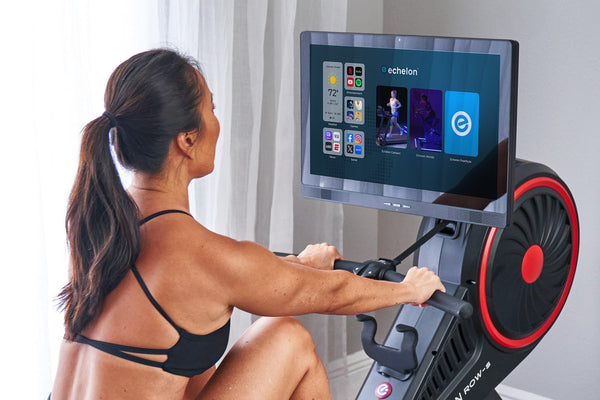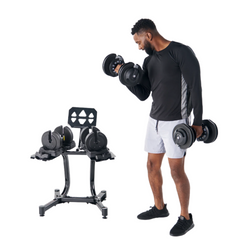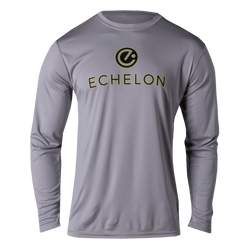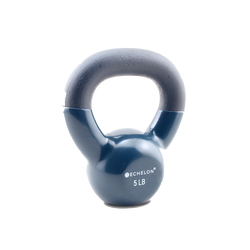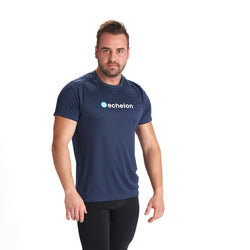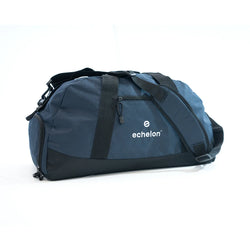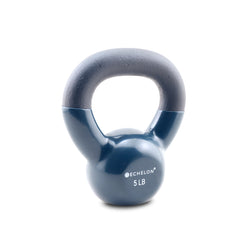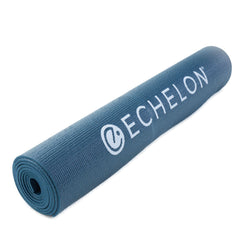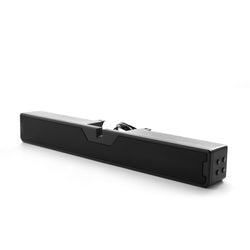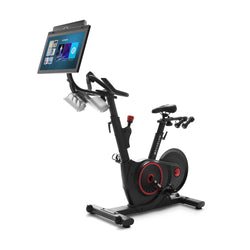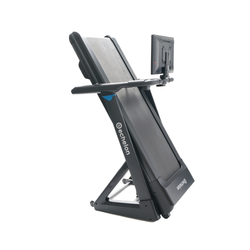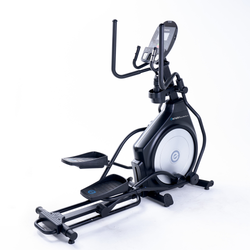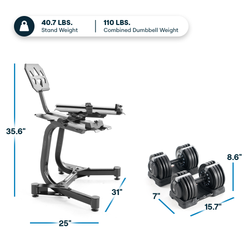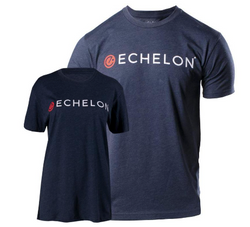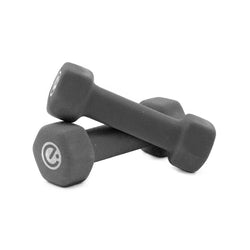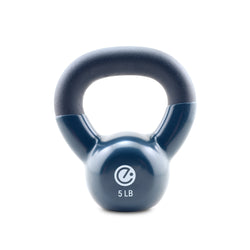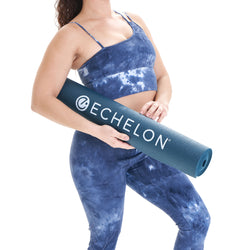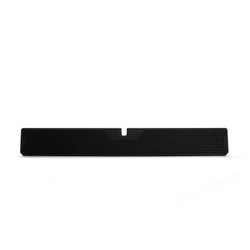Longevity Tips for Active Lifestyles
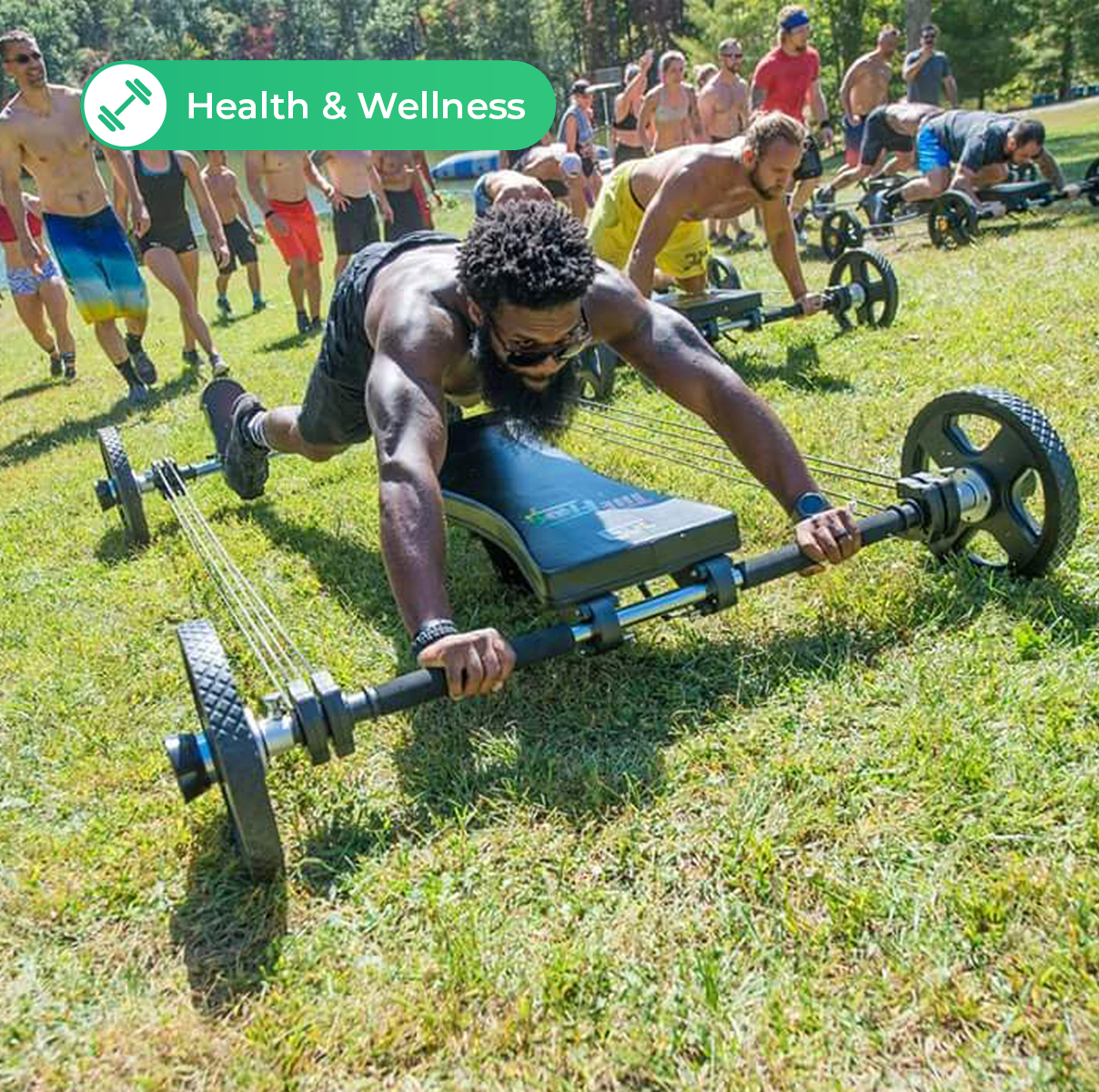
By Michael Browne
Maintaining an active lifestyle is key to promoting longevity and overall well-being. There are key parameters, outlines, essentials and tips for individuals who want to sustain their physical activity and health for years to come. Having a balanced nutrition, smart exercise practices, rest & recovery, regular check ups & screenings and mental practices will promote a long lifestyle of fitness and wellness.
-
Balanced Nutrition
Fueling your body with the right nutrients is crucial for sustained energy and recovery.
With so many diet plans, plant based, paleo, meat based, primal, when too fast, when not too fast and everything in between, nutrition can be tough to determine which is best and which isn’t. The answer? One isn’t better than the other. It is what fits our lifestyle and fitness goals. And as time progresses, our lifestyle and fitness goals change. What remains constant from most nutritional forms, eating quality foods, drinking plenty of water, eating with purpose and if at a deficit or surplus and/or whether it be macro or micro nutrient needs from our diet knowing when to take supplements.
I am not here to say one nutrition path is better than the other. I personally have done paleo, primal, was raised in a vegan/vegetarian household and have used fasting for fueling, energy and personal goals. What I have discovered the most from them all I have done is to choose a path and stick to it, for a long time. Not a month, not half a year, not even a year. If we are looking into a lifestyle change, which is for life, it has to be something that is long term.
Our plates should be colorful, rich in micronutrients (vitamins and minerals) and balanced within the macronutrients (carbs, protein and fat). Too often nutrition is thought to only be of concern for weight loss or gain, which is fine, but nutrition is the substance that gives us life. It is what carries us forward. What moves our food to the next level, staying hydrated!
We have all heard we need to drink plenty of water, that our bodies are more water than anything else and that we can go a long time without food, but can’t last long without water. All of this is true, but to keep it simple to longevity, drink more water than any other liquids. It is such an easy task, but is easily overlooked. Dehydration is anywhere from 17-28% per most studies amongst adults and some claims as high as 75%! While 75% is very high and may have some questions about that number, can you remember the last time you had 5-8 glasses of water at least 4-5 days out of the week? For most, drinking water takes place only when exercising.
Speaking of exercise, it is good to drink water during, but we can add some agents that help with a number of factors to help with our workout, recovery and physique goals by adding electrolytes, thermogenic agents and performance boosting tools to water. This all depends on your goals and mentality.
Food timing is a thing and a real science. It has become stressed that we must eat breakfast, lunch and dinner at these exact times or else. For some this is practical, but looking deeper than that is being mindful of eating. Some people are not breakfast eaters and others are. Some are not dinner eaters and some are. There is no right or wrong path to food consumption. Depending on goals, current health and work/family demands, meal timing isn’t always the same day to day. But being mindful should always be a priority. Fasting has a purpose and should be researched, but going hungry to lose weight isn’t the best practice and can have severe consciousness. Conversely, eating beyond satiety isn’t wise either. The more we are balanced in our meal intake, whether it be 3 or 7 meals a day, the better.
Which leads us to supplementation. It is a great resource. For those with not much of an appetite, supplements ensure that proper nutrition is taken in. Others have a good grasp on intake, but goals require more to elicit the changes they are looking for. More carbs, more protein, increased omega fatty acids, creatine, etc are all used not just for physical changes, but for our connective tissues, hormones and cognitive health. Supplements are great, but use them only when needed. They should not replace whole foods. They are an assistant to whole foods.
-
Whole Foods Focus: Prioritize fruits, vegetables, lean proteins, and whole grains. These provide essential vitamins, minerals, and fiber. Aim for a colorful plate to ensure a wide range of nutrients.
-
Hydration: Drink plenty of water throughout the day, especially before, during, and after physical activity. Electrolyte-rich drinks can be beneficial during intense or prolonged exercise to replenish lost minerals.
-
Mindful Eating: Pay attention to hunger and fullness cues. Avoid overeating and processed foods high in sugar, unhealthy fats, and sodium. Practice slow eating to allow your body to register satiety.
-
Supplementation (if needed): Consult with a healthcare professional before taking any supplements. While a balanced diet should be your primary source of nutrients, some individuals may benefit from supplements like Vitamin D, Omega-3 fatty acids, or calcium, especially as they age or have specific dietary restrictions.
-
Smart Exercise Practices
To avoid injury and ensure long-term adherence, it's important to exercise intelligently.
I am a big believer in changing the stimulus as the way to go. Routine should be set in cycles (micro, macro and meso cycles), which outlines the plan for training/workouts, but within those routines variety is key, timing is important, being flexible to adjust the routine and we have to pick something up and put it back down (or ourselves) to change how our bodies structure.
You’ve heard from us as instructors at the end of a class. If you found this to be challenging during this row, ride or run be sure to do this class in supplement to improve those challenges to make you more efficient in the class taken. Performance is a huge motivator exercise. When we are not able to do something in fitness, it is not the best feeling and we want to conquer and improve that weakness. Variety is key for a general fitness program and keeping our lifestyles going for the long haul.
I love to lift weights, sprint and perform power based cardio exercises. I am conscious and aware that in order to be stronger, sprint more efficiently and maintain my power I must also stay mobile, work longer & sustain cardio efforts & capacities and higher repetition will improve the lower repetition I long to do in training. As the saying goes, too much of one thing is a bad thing is very true. Our bodies have many systems, 11 to be exact, and all require different stimuli to make changes. Short, medium and long efforts in cardio. Light, moderate and heavy weights in strength. Train your strengths, what you are good at or like, but also train your weakness, what you are not good at or like. It makes us more well rounded, but most importantly more resilient to any setbacks that may happen and makes us stronger individuals.
With that variety in our fitness routines lets make sure we are not just doing the “fun work”. Working out. It is important to warm up and cool down before the main session. Some classes at Echelon have built in warm ups and cool downs, yes, but doing them before live classes takes our fitness to another level and thus promotes a longer healthier lifestyle. Which leads to the big big one…listening to our bodies. When we warm up and cool down we may discover things that we may miss (not in the nicest of ways) or discover differences from prior sessions that are not the norm. Tuesday may normally be a go get it day to workout, but during the warm up the body, the mind or both just are not linking in to getting after it. It happens and it is ok. Good to discover that during a warm up when intensity is low rather than in the main class and try to convince ourselves to push through. There are times sure we discover pushing through was best when tired, but when it comes to pain and discomfort it is wise to lean on the side of error. And sometimes if we are tired, it's ok to take it easy and just move.
-
Variety is Key: Incorporate a mix of cardiovascular, strength training, and flexibility exercises. This prevents overuse injuries, works different muscle groups, and keeps your workouts engaging. Consider activities like swimming, cycling, yoga, Pilates, or resistance training.
-
Proper Warm-up and Cool-down: Always begin with a dynamic warm-up to prepare your muscles and joints for activity, increasing blood flow and flexibility. End with a cool-down and static stretching to aid recovery, improve range of motion, and prevent muscle stiffness.
-
Listen to Your Body: Don't push through pain. Differentiate between muscle soreness and actual pain. Rest and recovery are just as important as the workout itself. Overtraining can lead to injuries, fatigue, and diminished performance.
-
Progressive Overload: Gradually increase the intensity, duration, or resistance of your workouts to continue challenging your body and stimulate adaptation. This could mean lifting heavier weights, running longer distances, or increasing the number of repetitions. Consistency is more important than sporadic, intense bursts.
-
Prioritize Rest and Recovery
Recovery is where your body adapts and strengthens. Neglecting it can lead to burnout and injury, hindering your long-term progress.
I love recovery and rest days, but this was not always the case in my early days of sports, fitness and even as a fitness coach/instructor. As the years have gone by, trial and error have been a big teacher that recovery and rest are vital. For me it was more about getting out of the gym and just relaxing. I listen to my body, the use of contrast therapy, massage therapy, sound deprivation, sleep in a dark and cold environment.
I see this constantly in our community, communities of fitness I am still part of and from family and friends. What can I do more to capture my fitness goals and improve my lifestyle? I ask them how much sleep are you getting? The puzzled look always returns as to why that matters. Well it matters how much sleep we are getting. For general purposes, we need to move our bodies 30-60 minutes a day. More is great and if the time allows awesome, but for the most part that is what we need. As our fitness years deepen, the length, frequency and intensity of our workouts may increase, but not at the compromise of sleep duration, quality and consistency.
Gains are not made while working out as the saying goes. Destruction is actually what is taking place. In a good way. The gains are made from our nutrition, why it was number one to longevity tips, but also while we are sleeping. Getting those reps in during REM sleep, how fast we fall asleep when it is time to go to bed and that good good deep sleep is just as important if not more than getting the next class, adding another set or more weight. So if you want to be in the fitness game for a long time and continue to explore more fitness, pick that sleep game up! Oh and try hot and cold therapy for recovery on a weekly routine. You’ll thank of me over time as you age.
-
Adequate Sleep: Aim for 7-9 hours of quality sleep per night. Sleep is essential for muscle repair, hormone regulation, and cognitive function. Establish a consistent sleep schedule and create a conducive sleep environment.
-
Active Recovery: Engage in light activities like walking, gentle stretching, foam rolling, or low-intensity cycling on rest days. This promotes blood flow, reduces muscle soreness, and aids in the removal of metabolic waste products, speeding up recovery.
-
Stress Management: Chronic stress can negatively impact your physical and mental health, affecting sleep, digestion, and hormone balance. Practice relaxation techniques like meditation, deep breathing exercises, yoga, or spending time in nature to reduce stress levels.
-
Regular Health Check-ups
Proactive health management is vital for identifying and addressing potential issues early, allowing for timely intervention and preventing more serious conditions.
Being the kid to a nurse of 27 years and doctor for 13, this was a non negotiable. As annoying as it was growing up, it is a habit I have kept for the most part in my adult life. Prevention is better than treating. I would love to live as long as possible. 120 years young to some sounds crazy, but to me it sounds awesome. To get there I have to know what is going on within my body that I may not know or have signs of what is taking place. Seeing my various medical professionals is a must. Being a functioning, healthy, happy and able bodied 120 year young me just takes a couple visits year to year to attain that goal.
-
Annual Physicals: Schedule regular check-ups with your doctor to monitor your overall health, including blood pressure, cholesterol levels, and blood sugar. Discuss any concerns or changes in your health.
-
Screenings: Stay up-to-date on recommended health screenings based on your age, gender, and risk factors, such as cancer screenings (e.g., mammograms, colonoscopies), bone density tests, and vision/hearing checks.
-
Address Concerns Promptly: Don't ignore persistent aches, pains, unusual symptoms, or other health concerns. Seek professional medical advice early to get a proper diagnosis and treatment plan. Early detection often leads to more effective outcomes.
-
Mental Well-being
A strong mind supports a strong body. Mental and emotional health are interconnected with physical health, influencing energy levels, motivation, and resilience.
Mind body connection. It is a saying I use a lot in my classes, with clients while they are performing a tough task and in group classes when those in it are reaching parts of the programming that are becoming beyond what the body can do. The mind has to stay sharp while the body continues to endure. This starts before we enter a class. It is continued after a workout session too.
Being able to do the common things while uncomfortable in exercise is a skill and it also is important to learn through fitness for our everyday lives and a major tool to improve the longevity of lifestyle. Things will not always be sunshine and rainbows, but our mindset can fashion ourselves as if things are bright and colorful during dark and gloomy times. These hidden and not always seen skills of fitness become more and more gems over time. And they grow more in depth and vastness with likeminded individuals.
That said, everything does not have to be hardcore. Make sure you enjoy your fitness and life. Fitness isn’t just working out. Go for a ride, play a sport or seek an adventure you have always been curious about. Use your found fitness in spaces you haven’t before or a long time or for others that are not able.
-
Mindfulness: Practice being present and aware of your thoughts and feelings without judgment. Mindfulness can reduce stress, improve focus, and enhance your appreciation for daily life. Consider practices like meditation or mindful walking.
-
Social Connection: Maintain strong, positive relationships with friends and family. Social interaction can boost mood, reduce stress, provide emotional support, and contribute to a sense of belonging. Engage in community activities or join clubs.
-
Purpose and Passion: Engage in activities that bring you joy, a sense of accomplishment, and a sense of purpose. This could be a hobby, volunteering, learning new skills, or pursuing creative endeavors. Having a purpose contributes to overall life satisfaction and resilience.
-
Cognitive Stimulation: Keep your brain active by learning new things, reading, solving puzzles, or engaging in mentally challenging activities. This can help maintain cognitive function and reduce the risk of cognitive decline as you age.
Summary of Longevity Strategies
|
Category |
Key Actions |
|
Nutrition |
Eat whole foods, stay adequately hydrated, practice mindful eating, consult professional for supplements. |
|
Exercise |
Incorporate varied workouts, always warm-up/cool-down, listen to your body's signals, practice progressive overload. |
|
Recovery |
Aim for 7-9 hours of quality sleep, engage in active recovery, implement effective stress management techniques. |
|
Health Check-ups |
Schedule annual physicals, stay current on recommended screenings, promptly address any health concerns. |
|
Mental Well-being |
Practice mindfulness, foster strong social connections, pursue passions and purpose, engage in cognitive stimulation. |
These 5 tips are the pillars to a lasting and satisfying lifestyle. Add one or two to your routine and be purposeful with your addition. If you are already doing many of these, great! Do an assessment of how things are going and tweak here and there to explore new things in food, exercise, recovery, another health check up or staying mentally sharp. The plan is not just to live for a long time, the plan is to live for a long time with a high quality of life. With this as a goal, these 5 tips will remain our pillars to an active, long and happy life.
